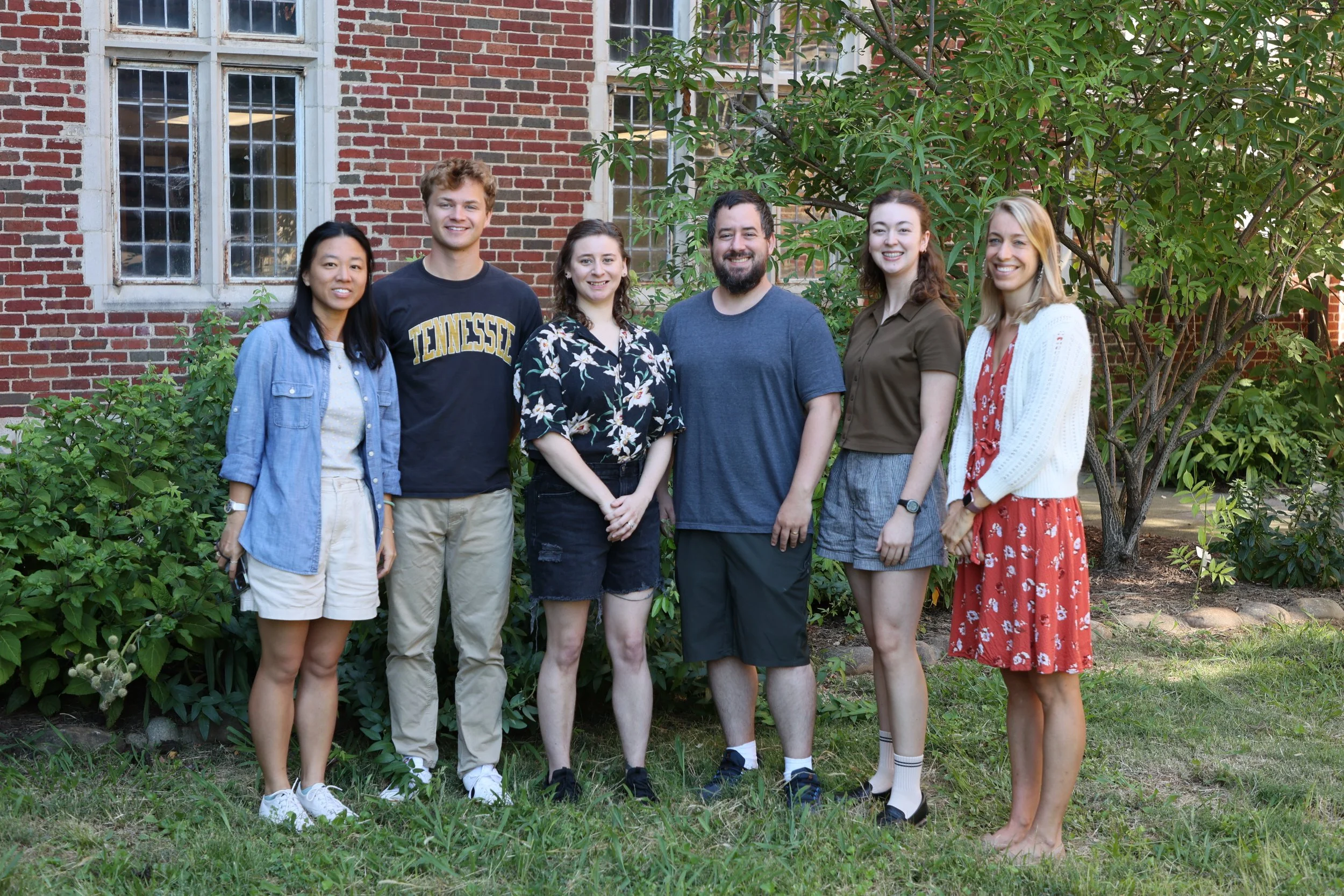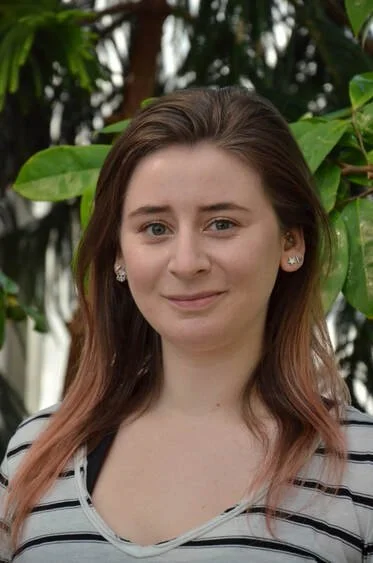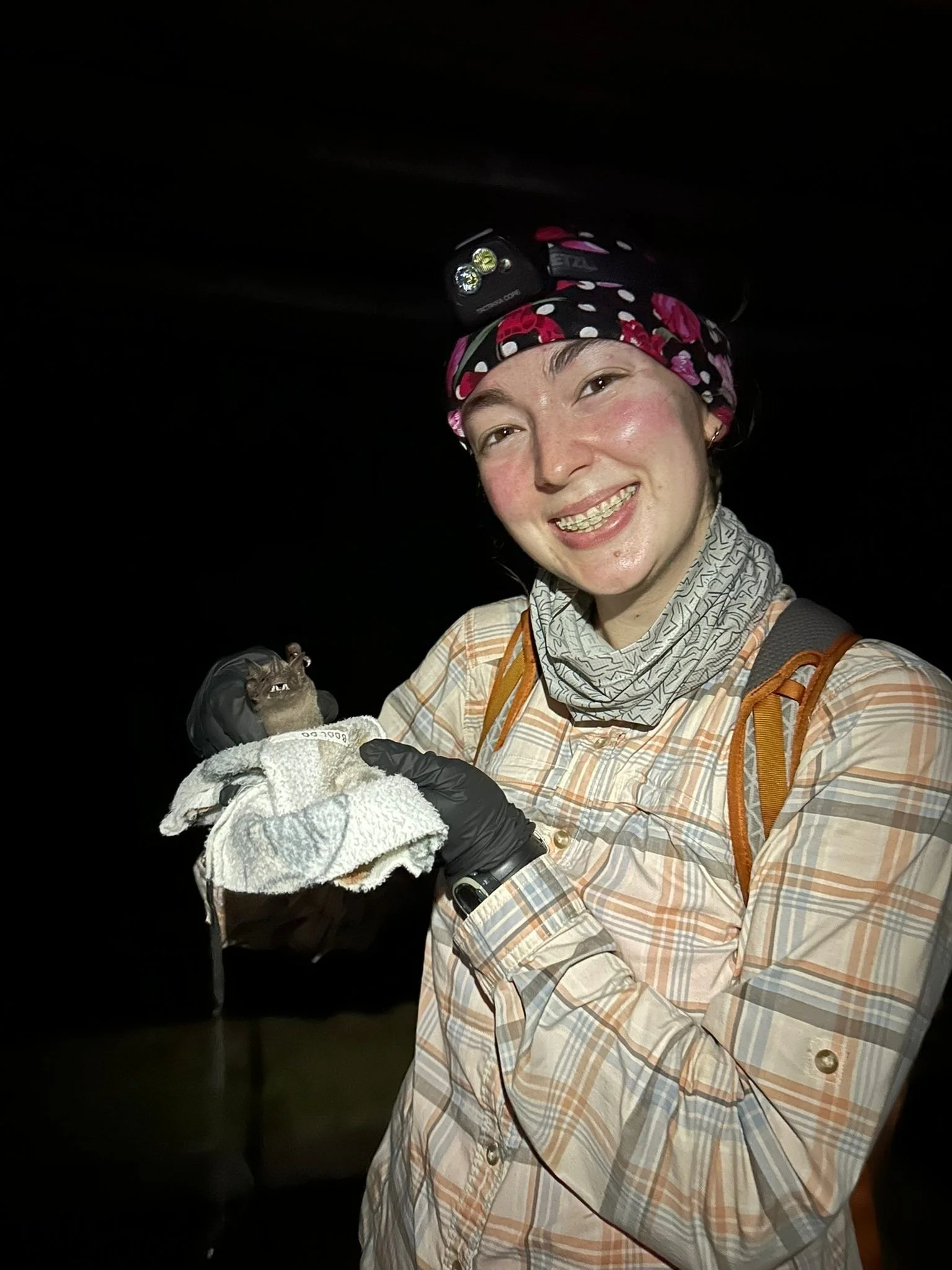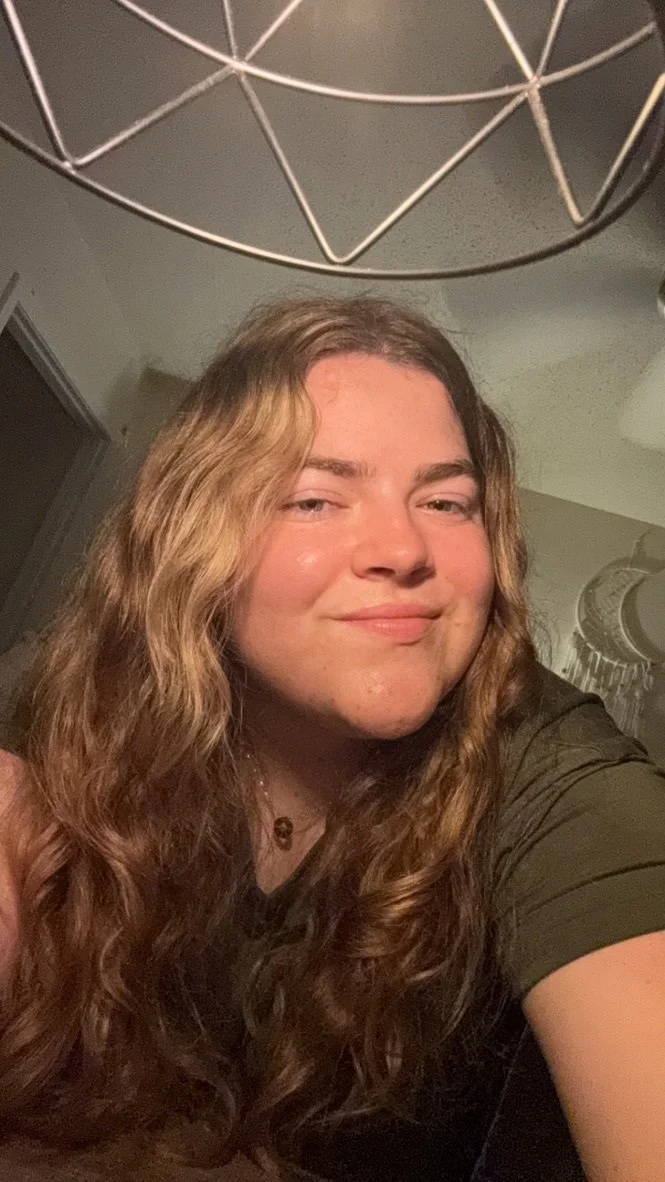Claire Hemingway (PI)
I am an assistant professor at the University of Tennessee in the Departments of Ecology & Evolutionary Biology and Psychology & Neuroscience. I am also a Research Associate at the Smithsonian Tropical Research Institute (STRI).
My lab broadly explores the mechanisms, outcomes, and evolutionary consequences of animal decision making. To address these questions, we study foraging behaviors in both bats and bees. Specifically, we ask how animals evaluate and make decisions between foraging options based on the signal and reward properties of each option. We also ask whether species differ in decision-making mechanisms based on their foraging strategy or other aspects of their ecology. Finally, we are interested in how certain decision mechanisms may shape the target of those decisions, such as floral signals and rewards.
Postdocs
André Vieira Rodrigues, PhD
André is interested in how animals make decisions and solve problems in complex environments. His research explores the cognitive strategies they use when faced with conflicting or unreliable information, particularly in a foraging context. Currently, he is investigating how bees evaluate deceptive signals (e.g., floral mimics) when deciding between highly rewarding models and less rewarding, but reliable alternatives. He is interested in expanding the study of decision-making across species and sensory modalities (visual, acoustic, olfactory), linking behavioral flexibility to ecological and evolutionary pressures.
Olivia Harris, PhD
Olivia is the Collaborative for Animal Behavior (CoLAB) Postdoctoral Fellow, working in both the Hemingway and Tanner labs. She is a visual ecologist broadly interested in the way color and color signaling affects behavior and cognition in invertebrates. Her work in CoLAB will combine Dr. Tanner’s expertise in extracting signals from noisy environments with Dr. Hemingway’s expertise in decision-making in bumblebees to investigate how bee foraging behavior changes in artificial lighting conditions. She will be evaluating how UV-deficient environments, like those created by greenhouse agriculture, will affect the ability of bees to locate floral signals and navigate within and between flowers. For her PhD, she characterized color vision and visually-guided behaviors in jumping spiders at the University of Cincinnati, and was featured in a documentary available on YouTube.
Graduate students
Sheila Chan - PhD student (EEB)
Sheila is interested in 3Cs: Collective behavior, Communication, and Cooperation. Before joining our Lab, she got a master’s in biology from Tufts University, where she studied collective decision-making in acorn ants. This has inspired her to examine how individual interactions influence colony-level behavior in social insects. Her work in our lab explores the development of task allocation in bumblebees. You can find more about her on her website https://sheilaslchan.github.io.
Ella Halbert - PhD student (EEB)
Ella joined the lab in 2025 and is interested in how and why animals choose to cooperate. Her work in the lab explores cooperative social foraging in bats. She is investigating these ideas in several species of Neotropical bats in Panama and conducting her research at the Smithsonian Tropical Research Institute. Before joining the lab, she worked as a research assistant in a circadian rhythms lab and spent several months conducting various climate change and biodiversity projects in Acadia National Park in 2023. Outside of the lab, Ella enjoys reading, exploring East Tennessee’s natural landscapes, and playing the dulcitar. You can learn more about her on her website https://ehalbert7.wixsite.com/ella-halbert.
Undergraduates students
Griffin is a senior majoring in biology with a concentration in EEB. He joined the lab in Spring 2025 and received an Advanced Undergraduate Research Activity (AURA) to conduct a project exploring whether bumblebees experience choice overload when making foraging decisions between flowers.
Victoria Nalls (EEB)
Victoria is a senior majoring in biology with a concentration in EEB. She joined the lab in Fall 2025 and is helping conduct a project exploring whether bumblebees experience choice overload when making foraging decisions between flowers.
Griffin Ward (EEB)
Highly motivated prospective graduate students should send a CV and a short description of past research experiences and future research interests to chemingw@utk.edu







